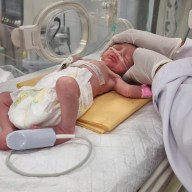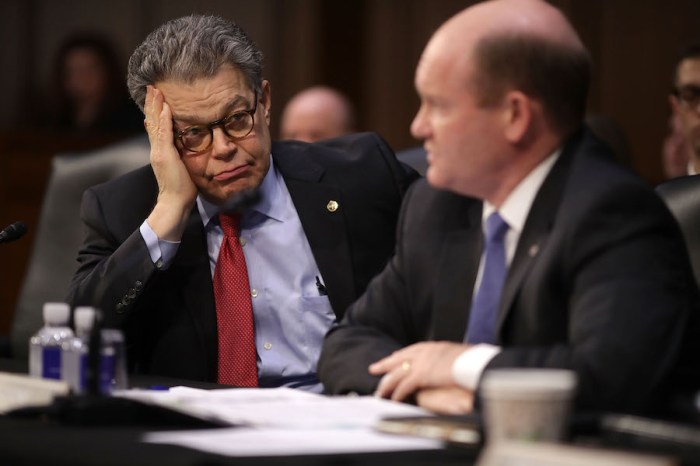With the consistent invocation that STEM careers hold the key to our nation’s future, the liberal arts degree has become branded as a useless and overpriced luxury — one that leaves students ill prepared to enter the workforce. Republicans like Kentucky Gov. Matt Bevin have gone so far as to suggest the defunding of liberal-arts majors. Instead, the trend is that students be trained solely in the more elite and promising fields that make up the core of STEM: science, technology, engineering and mathematics. And while the idea might be gaining momentum among the political elite, it’s entirely unfounded, explains Lynn Pasquerella, president of the Association for American Colleges and Universities.
“It’s the false narrative that’s created around English majors working at Starbucks or flipping burgers that we have to get rid of,” she explains.
In fact, the core skills liberal-arts students acquire have never been more relevant to the job market.
A 2015 study by Burning Glass Technologies analyzed 25 million online job postings and found the highest demand by employers across all fields was for skills like writing, research, analysis critical thinking and creativity — essentially, the core tenets of liberal arts. Even for information technology jobs, a field most representative of STEM, communication and writing were the most sought-after soft skills. In fact, a liberal-arts background is not only presently in demand — it represents a broad and portable skill set for the future, says Eric Jensen, director of the Frank Aydelotte Foundation for the Advancement of the Liberal Arts. “We know that people don’t stay with the same job for as long as they used to,” he explains. “And so having these strong skills that aren’t tied to one specific job definitely serves people well.” Plus, with automatization only increasing, so many of the jobs that we’re training the next generation for will be replaceable by technology, says Pasquerella.
But while computers might surpass humans in speed and accuracy, they’ll never be able to mirror their creative, innovative and social skills.
“We need a workforce that is going to be able to deal with a world’s unscripted problems and not just come up with solutions to problems which we already have the answers,” says Pasquerella. “So how do we anticipate the needs of the future — those unscripted problems — and prepare students for that? It’s only through a liberal arts education.”
The case for a liberal-arts degree

iStock


















